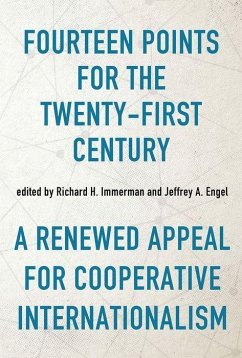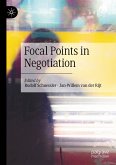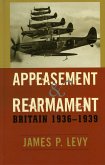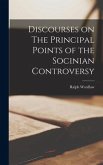"When the United States entered World War I, President Woodrow Wilson declared to Congress that the objective was not merely to bring "a new balance of power," but rather to bring a "just and secure peace" to the world by the end of the conflict. In this famous speech, known as "The Fourteen Points," Wilson offered the world a road map toward a more equitable international system in the midst of unprecedented global conflict, including ideas on the interconnectedness of democracy, trade, and the concept of a forum for peaceably resolving international disputes. Even decades after the end of the First World War, Wilson's ideas remained important and influenced many of his successors. But now, in the twenty-first century, there are forces at work in the world that Wilson could never have imagined, and those forces call for a new plan toward peace. In Fourteen Points for the Twenty-First Century: A Renewed Appeal for Cooperative Internationalism, Richard H. Immerman and Jeffrey A. Engel bring together a diverse group of thinkers who take up Wilson's call for a new world order by exploring fourteen new directions for the twenty-first century. The contributors-scholars, policymakers, entrepreneurs, poets, doctors, and scientists-propose solutions to contemporary challenges such as migration, global warming, health care, food security, and privacy in the digital age. Taken together, these points challenge American leaders and policymakers to lead an international effort, not to make America great again, but to work cooperatively with other nations on the basis of mutual respect"--
Hinweis: Dieser Artikel kann nur an eine deutsche Lieferadresse ausgeliefert werden.
Hinweis: Dieser Artikel kann nur an eine deutsche Lieferadresse ausgeliefert werden.








